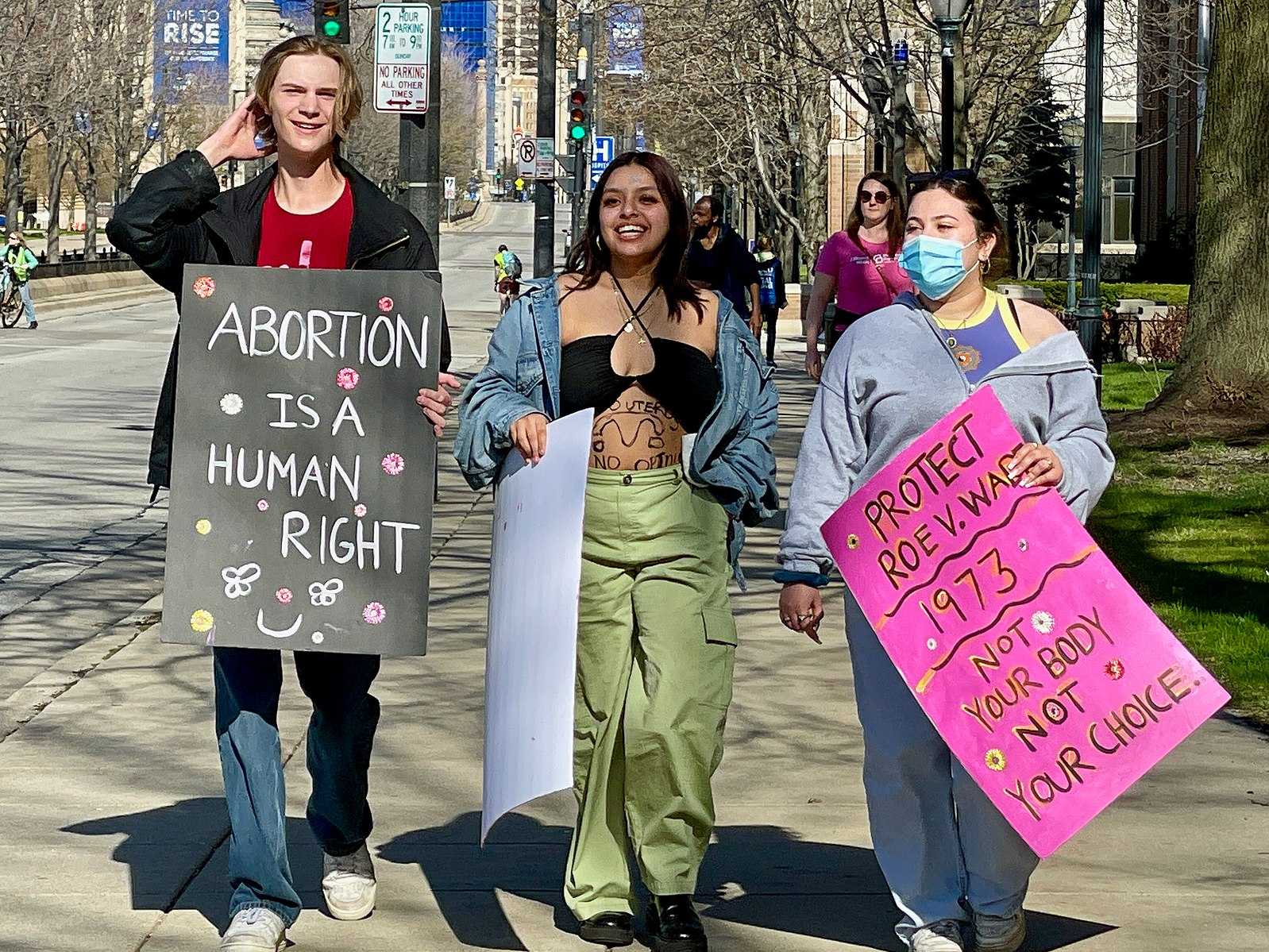WARNING: CONTAINS SPOILERS
The series finale of AMC’s hit show Breaking Bad has received raving critical acclaim, both from professional critics as well as the general public. The episode did an incredible job tying up all the important loose ends in a satisfying fashion. Throughout the episode, there were many thought-provoking moments, leading the viewer to consider the true scope of Walter White’s journey down a painful path. However, the most “loaded” moment for me was the very last shot: Walt lying dead on the floor of a meth lab, his eyes and mouth wide open, his arms and legs spread wide to either side.
When I saw the episode air, I was too stunned at its completion to truly consider the symbolism behind it. It wasn’t until the next day that I was able to discern the remarkable metaphorical meaning buried within the scene.
The first thing that occurred to me was Walt’s hair. At the beginning of the series, Walt has a full head of hair, complemented by a moderately small, sparse mustache. Due to his chemotherapy, Walter loses the hair on top of his head, while his Heisenberg transformation leads to a short beard and a thicker mustache. (He keeps himself bald by shaving his head.) These two sides of Walter White diverge further and further until it is hard to recognize them as the same person. However, in the series finale, a distinct unity between the two facets of a complex man emerges: Walt sports a full head of hair along with his signature Heisenberg beard-mustache combo.
After that, I noticed the juxtaposition of Walter’s circumstance at his death. Immediately preceding the end of his life, Walt paces the meth lab where Jesse had been cooking. He reaches a rounded, reflective machine, and stops walking, placing his hand upon the contraption for support. The camera shows Walt’s face, a clear look of satisfaction upon it. This content likely derives from his knowledge that he has accomplished his ultimate goal of providing his family with a financially stable future (through Gretchen and Elliot). The look of satisfaction is one of a normal person looking back upon his life, satisfied with the result; this humanity is reflected in Walt’s apparent willingness to let his life go at its completion. However, there is no forgetting that his death occurs in the middle of a meth lab, a fact that is reinforced when the police show up armed at the scene.
The enigmatic overlap between the personalities of Walter White and Heisenberg left me with two primary thoughts: “It’s so sad to see Walt die,” and “Rot in hell, Heisenberg.” The two personalities display a clear overlap through the actions that cause Walt’s death. He is shot by his own gun firing from his own contraption, and he dies inside of a meth lab; in many ways (truthfully many more than those alone), he brings upon himself his own demise. Yet his death is also one of a withering middle-aged man, an innocent person afflicted by lung cancer, a brilliant human being who had tough luck his entire life. It is heart-wrenching to look upon Walt as an atrocity who threw away monumental talent in return for easy cash. Still, even before the beginning of his transformation, Walter’s ego and pride have lasting, significant ramifications on his future.
How should I refer to this man? Is he Walter Hartwell White, a brilliant chemist who wanted nothing more than to provide his family with a comfortable life? Or is he Heisenberg, a ruthless mastermind who made his way to drug kingpin through cruelty and self-centeredness? And then it hit me: I have a suspicion that Vince Gilligan’s choice of middle name “Hartwell” was no accident. Walter H. White provides an easy path to a satisfying resolution to this conflict. So he, Walter Heisenberg White, shall go down as one of the most complex characters ever, a man whose good intentions led to terrifying outcomes.






